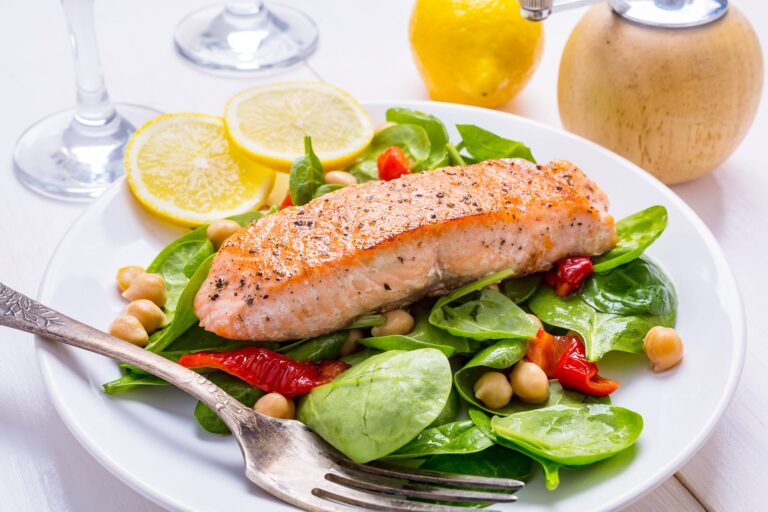When most people think about Mediterranean cuisine, images of pasta, loaves of crusty bread, olives and red wine probably come to mind; foods that aren’t necessarily what we consider entirely healthy here in the United States. However, the reality is that our friends across the ocean actually eat a diet that consists mainly of vegetables, hearty whole grains, seafood and healthy fats that have been proven to fight against conditions like heart disease, diabetes, cognitive decline and even some cancers.
Studies have shown that a Mediterranean diet is associated with a lower level of “bad” cholesterol- oxidized low-density lipoprotein (LDL) that can build up in your arteries. Adults who follow this diet have a lower risk of cardiovascular mortality, reduced risk of stroke and heart attacks, and better overall heart health.
Enjoy Mediterranean Cuisine to Improve Heart Health!
The key component of the Mediterranean diet is to focus on incorporating healthier foods into your diet. For example, residents in Greece generally eat very little red meat, and on average consume about nine servings of antioxidant-rich fruits and vegetables daily. While bread is an important part of the diet there, instead of slathering it in butter or margarine the Greeks eat it plain or dipped in olive oil. Instead of eating a heaping plate of pasta, they enjoy it as a side dish as only about a one-cup serving size. The goal is to eat healthy foods regularly, rather than solely trying to concentrate on avoiding unhealthy foods.
If you’re wondering how to start following the Mediterranean diet to improve your heart health and experience all the variety of additional benefits it can offer, here are a few tips to get you started:
Add fruits and veggies- lots of them. Produce should make up the majority of your meals, so make it a goal to eat at least seven servings of fruits and vegetables every day.
Decrease the amount of red meat in your diet. Switch to lean meats like poultry instead of red meats. If you do eat red meat, it should be in smaller portions, and make sure it’s as lean as possible.
Enjoy seafood twice a week. Add fish like salmon, tuna, herring, all rich in Omega-3 fatty acids. Instead of frying your fish, try grilling instead. Plus, there’s less cleanup!
Incorporate the good fats. Cook with olive or canola oil instead of butter or margarine. Other choices for good fats include eating nuts, olives and avocados as a healthy snack.
Skip the salt. Flavor your foods with herbs and spices instead of salt. Your food will still be tasty, plus they’ll be richer and healthier!
Try a healthier dessert. Don’t deny yourself dessert, just strive for natural sweets like strawberries, figs or grapes.
Substitute smarter choices. Replacing the bread for your sandwich with a whole-wheat tortilla, enjoying veggies with salsa instead of creamy dip, for example, are easy ways to add heart healthy options into your diet.
Learn more about the senior care services at American Senior Communities. Contact us today to request more information.




